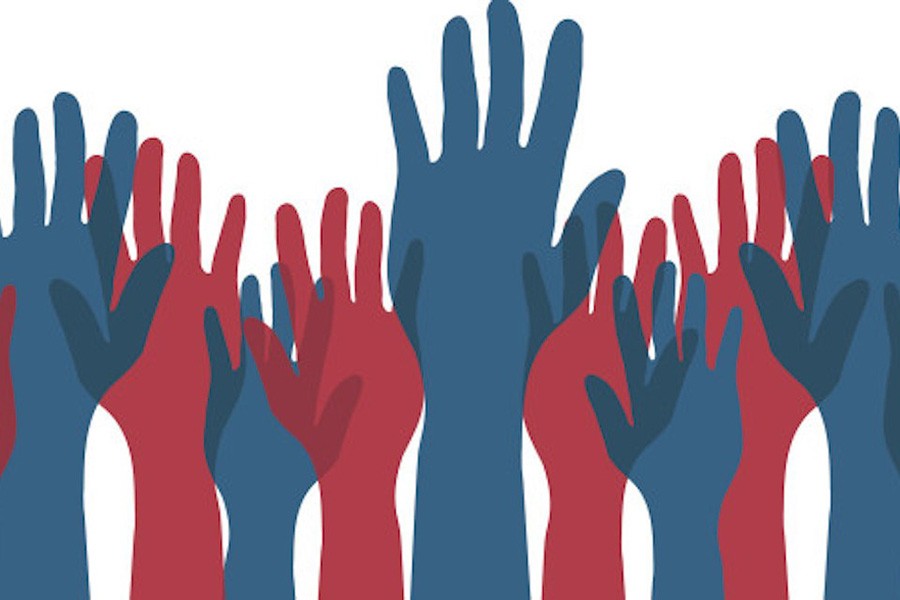
Published :
Updated :

As early as the crisis period during the Second World War, Sir Winston Churchill had been frank in saying that democracy has its evils but is the best in the absence of anything better. The ballot of the majority is indeed anything but ideal as Britain has come to know much to her chagrin. Theresa May has inherited a decision she never agreed with to begin. Likewise Pedro Sanchez's left-wing leadership in Spain hot on the heels of his predecessor having staved off sedition, has had to lean differently in tackling a migrant issue in Spain that goes against toughness. That same toughness was defined by Mr. Conte, the new left leader in Italy but sets the two apart in the willingness to explore neutral territory. Mr. Sanchez believes the migrant issue needs separate handling. Mr Conte is inclined towards the old.
It would have been easy for Mr. Sanchez or Ms May to throw in the towel and walk away. That they didn't speaks volumes of leadership quality especially given the mess Ms. May is in. The invasive media that wants to know everything before it happens to feed a viewership and readership that doesn't know what it wants, makes it difficult for quieter persuasion to prevail. Richard Temple, a farmer and later the Duke of Cobham, founded Stowe University as the breeding ground to create educated opposition to William Walpole's government in the UK in the late 1880s. He created the Whig party, a precursor to the Conservatives that supported the monarchy and provided a platform for discourse. The magnificent grounds survive today maintained by the National Trust though the university functions separately as one of the best in the UK.
This is the space that is denied in the new democracy that we know of. Quiet discussions by those of cross persuasion but who mean well, have been bitched thanks to media and the intelligence agencies to the extent that Dr Kamal Hossain is forced to speak from posters in saying that the answer to alternative politics is in people's revolution. True multi-party democracy was doing reasonably well in the UK till Nick Clegg found cause to join the Tories in government thereby tearing to shreds the image of the Liberal Democrats (LibDems). Nigel Farage convinced everyone of his and the UK Independent Party (UKIP) except the electorate and a slight shift by the Tories has led to the UKIP lying decimated.
Continuity in leadership is as much in short supply in the UK as elsewhere. That's why the smaller parties have gone in to decline and the larger ones engaged in weekly skirmishes. And that's in the bastion of democracy. India suffers as much despite the vote bank held by Congress, whose voters are as bemused as anyone else. The beauty however, lies in the existing platforms of dissent though leadership is absent. In a way that's one of the ills of democracy. Freedom of speech is as important as the knowledge when to speak out and when to hold one's silence. Neither can be, should be imposed. Nigel Farage walked off into the sunset; David Cameron did likewise.


 For all latest news, follow The Financial Express Google News channel.
For all latest news, follow The Financial Express Google News channel.